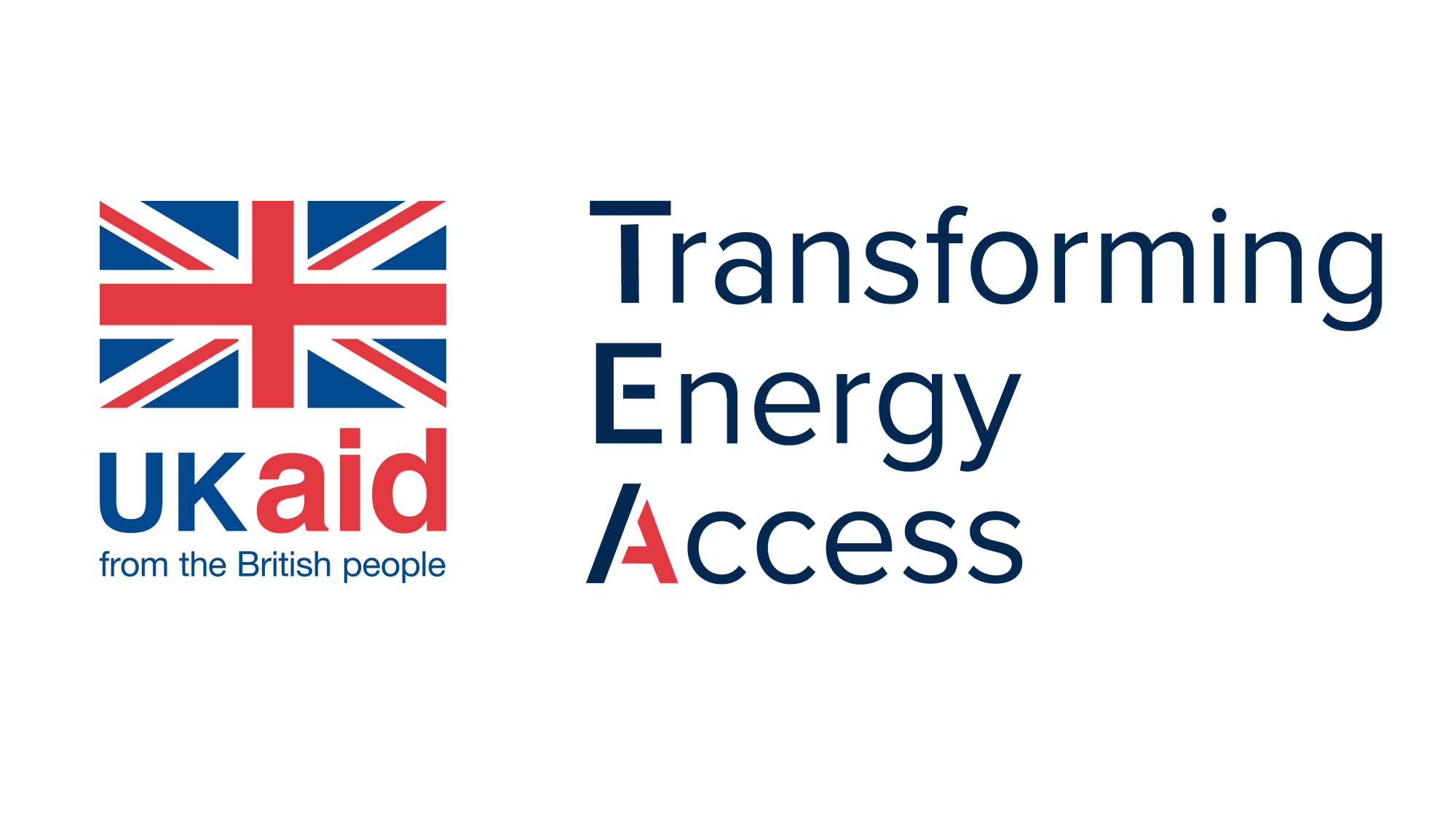Event: From humanitarian relief-to-climate resilience: realizing a critical shift in humanitarian energy access
Date: 14 November 2022; 19:15 - 20:30 Egypt time
Partners: Chatham House, Ashden, GRN
Pavilion: SDG Pavilion
Registration link: https://unitar.zoom.us/webinar/register/WN_h5nREBC9R2-vtVB7xejS5Q
Live telecast: https://www.un.org/en/COP27/SDGPavilion
Description
This session will invite participants to change the humanitarian energy access space by providing expert insights on inclusive data, systemic change in the UN, and inclusive investments.
It will mainly focus on the context of displacement communities; how to ensure they are considered and prioritized, and how the inclusion of affected communities in humanitarian energy activities highlights the ‘leave-no-one-behind’ principles.
Session Summary:
It is imperative for humanitarian energy actors to approach their activities in a new way. Long-term, sustainable change in the sector will only be feasible through the critical involvement of communities affected by displacement in the decision-making spaces of the humanitarian energy sector. Not only should humanitarian energy partners ensure that displaced communities and their hosts are not left behind in the pursuit of SDG7, but they must recognize and acknowledge communities affected by displacement as core stakeholders and partners in this pursuit. This session will invite participants to engage with changing the architecture of the humanitarian energy access space through providing critical insights from experts in the field on topics such as: inclusive data, systemic UN change, and inclusive investments.
Target Audience:
The following groups will be the target audience for our session:
- Public sector
- Private sector agencies
- Humanitarian agencies
- Actors in the wider energy sphere
- Donors
Objectives:
The number of displaced people around the world is growing, with increased migration due to climate-induced disasters and increased global conflict. COP27 is focused on moving from pledge to action- having member states act upon the commitments made through the Paris Agreement and the Sustainable Development Goals. In order to justly implement SDG7, displacement settings must be involved in the roll-out, with communities affected by displacement at the heart of the humanitarian sector’s decision-making spaces. As outlined in the Glasgow Pact, financing mechanisms must be further developed and supported by UN member states to support developing nations in their climate-response plans and emission reduction. This session focuses on displacement contexts, ensuring that talk of the consideration and prioritization of these settings is put into action. Leave no one behind principles are highlighted through the critical inclusion of affected communities in all aspects of humanitarian energy activities.
Expected Outcomes:
A global community that is better informed of the energy situation(s) in displacement settings and its/ their respective challenges
- a deeper, more holistic, understanding of how to inclusively approach humanitarian energy activities
- potential partnership opportunities between different stakeholders on long-term, sustainable humanitarian energy provision
This session was funded with UK aid from the UK government via the THEA programme under the Transforming Energy Access programme.

Last updated: 10/07/2023
